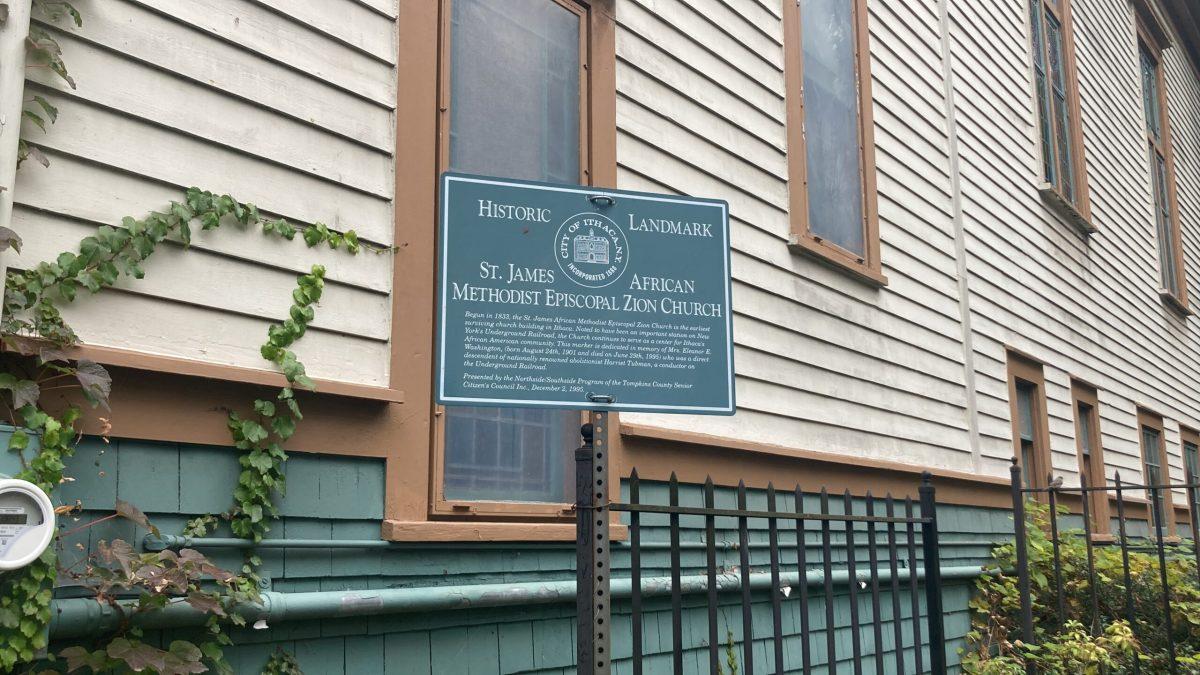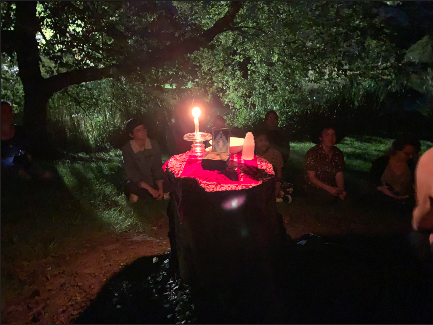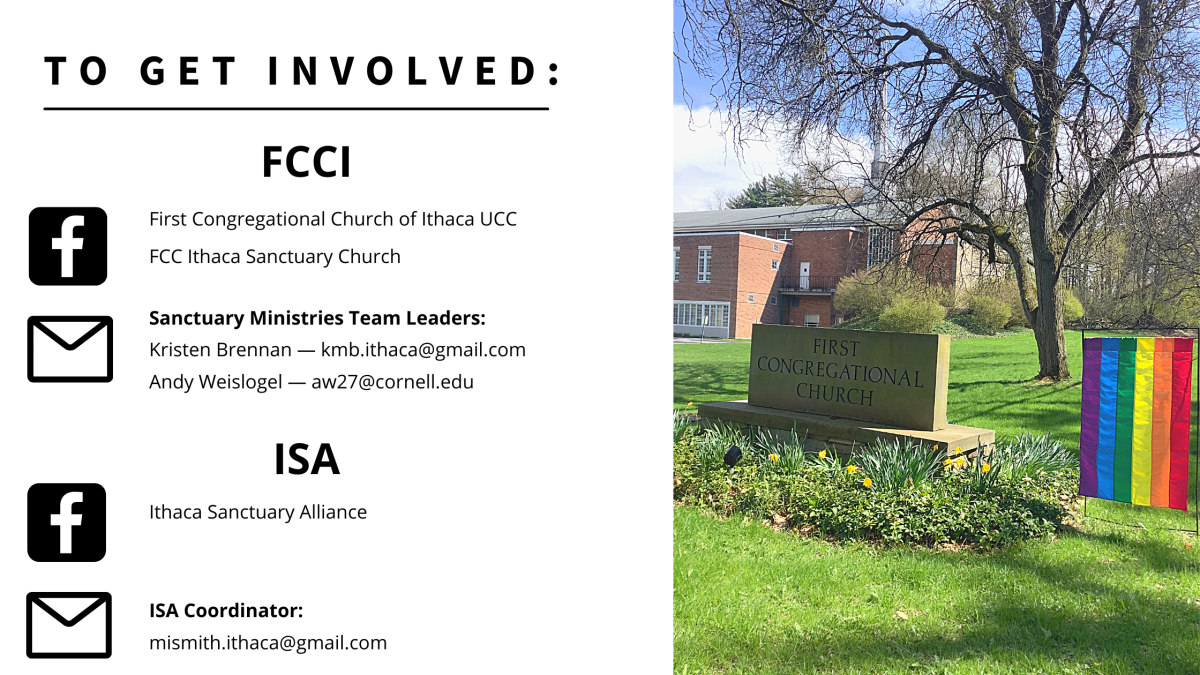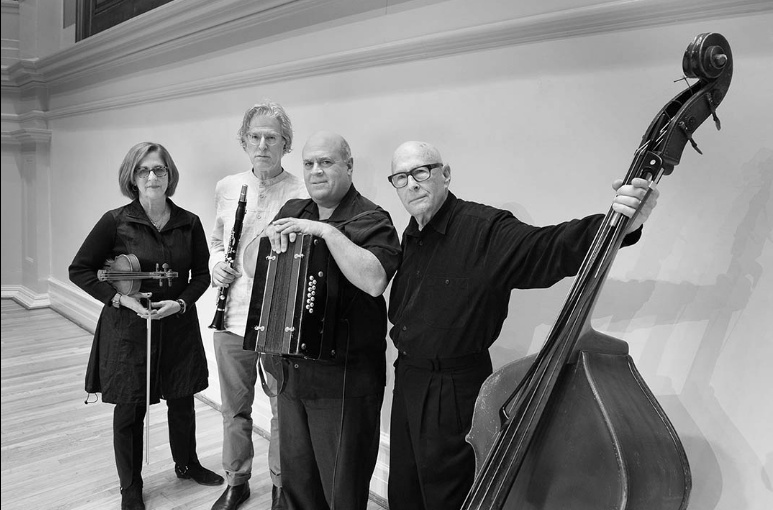After a wait of nearly 30 years, the Al-Huda Islamic Organization Committee is moving forward with plans to build the area’s first Islamic Community Center.
Following the special permit approval from the Lansing Planning Board, Al-Huda now faces the challenge of raising enough funds to hire a contractor to build the Islamic Community center on a one acre plot of land at 112 Graham Rd. in Lansing, New York.
In order to complete this finalized plan to present to the Planning Board, the Organization Committee had to pay almost $20,000. Ahmed H. Ahmed, the Organization Committee’s vice president and treasurer, said his organization may have to pay the potential contractor between $500,000 and $800,000.
“We don’t know other costs that’ll come,” Ahmed said. “$600,000 is the goal to get it, to finish the building and cover any additional costs remaining like landscaping. Every step is costly.”
In order to help raise funds, Ahmed said the organization has reached out to the community as well as other mosques and Muslim organizations in Central New York. Though the organization has spent a considerable amount to finalize a plan, Ahmed said, having a plan and projected building design will convince other organizations to contribute the appropriate funds.
“Back in the early ’90s, when we started the project, the community in Syracuse helped us to establish the organization,” he said. “After 9/11 some people who were going to donate to the project donated nothing. I think when we reach them again, they will help us. If you have a project now, if you have the plan, you have the land, and you have a sign, people see you need the money. With a bank account you collect nothing.”
However, the planning has not come without logistical setbacks as well. Members of the Lansing Community initially pressed concerns about parking. People are not allowed to park on the street in the village, and as a result, the plans for the community center include the required 1:4 ratio of parking spots per people.
“For the most part, it’s one of those wait and see kind of things,” Mario Tomei, chairman of the Village of Lansing Planning Board, said. “If it turns out they have a lot more traffic than they had initially stated then we would have to look at where they could park. So it’s not really up to the village here.”
[topswf swf=’https://www.ithacaweek-ic.com/wp-content/uploads/2014/11/MosqueMap-FINAL.swf’ width=’600′ height=’673′ quality=’best’ wmode=’transparent’ scale=’default’ flashvars=” allowfullscreen=’false’]
Though USA Today has reported that New York has more mosques in the US than any other state, the only place for Muslim worship in the Ithaca area was the interfaith building at Anabel Taylor Hall on Cornell University’s campus. With about 300 Muslims in the area between students and permanent residents, Muslim residents have continued to push for their own area for worship to avoid conflicts with other services.
“Since it’s tied to Cornell, it makes it kind of hard in certain situations when the Muslim community might have some need for a certain venue for worship,” Mohamed Ismail, a third year Cornell graduate student and director of the Moosalla Noor Islamic Community Outreach Services said. “It conflicts with us people, and you don’t have many alternatives.”
Ismail began operating the Islamic Community Outreach Services in late August to help provide education and prayer services in a location not tied to Taylor Hall. Moosalla Noor, which is located in a two-story apartment on N. Aurora Street, has offered an Islamic school for children every Sunday morning for the past two months.
“The idea for this is kind of like a way to bridge the gap between what’s needed and what might come later,” Ismail said. “A good number utilize at least the part for the Islamic classes for their children because they find it important for their children to have an Islamic education as well as a secular education.”
Maan Aldaiel, a senior Cornell mechanical engineering student and member of the university’s Muslim Educational and Cultural Association said though a full-time facility for community members would seem to separate community Muslims from student, it could help bring a chaplain to the university to help with Islamic education.
“We all love each other, we live synchronously, but we all prefer if the community have their own mosque and their own facilities so it gives the students a little more leeway,” Aldaiel said. “The fact that we don’t have a mosque right now and the community can utilize means that we can separate it a little bit. I think it will be a positive thing.”













